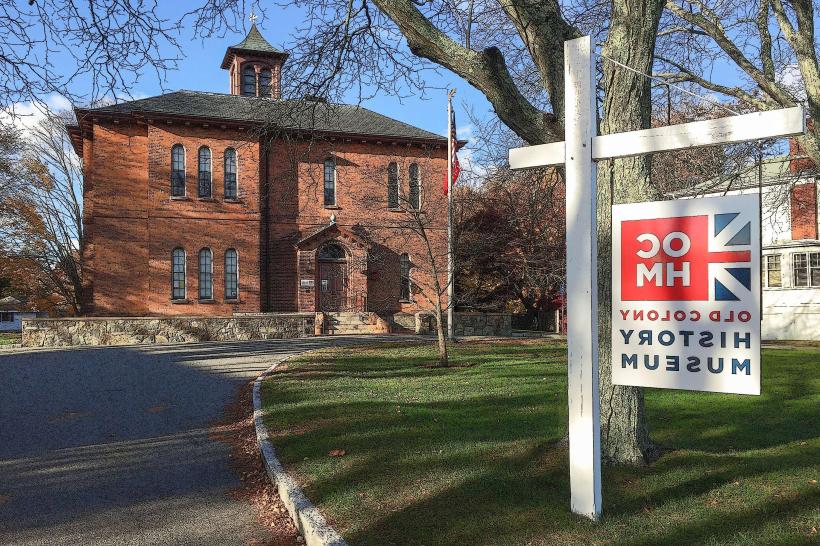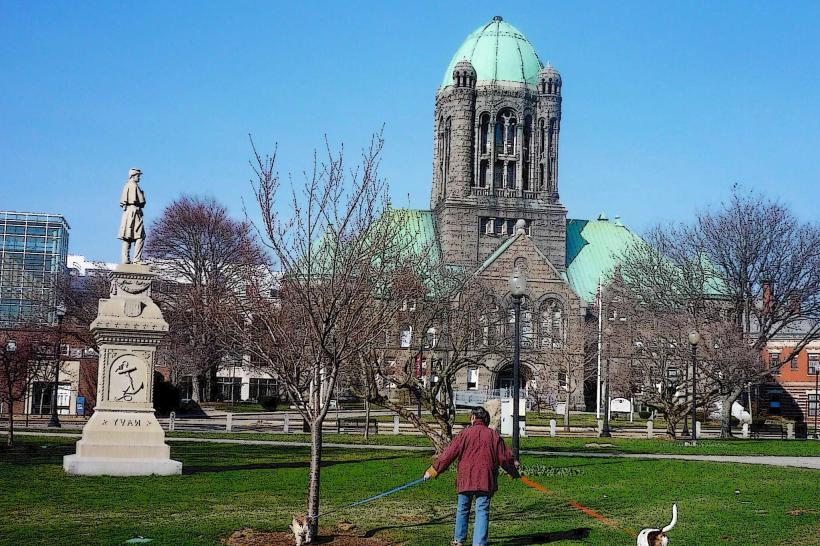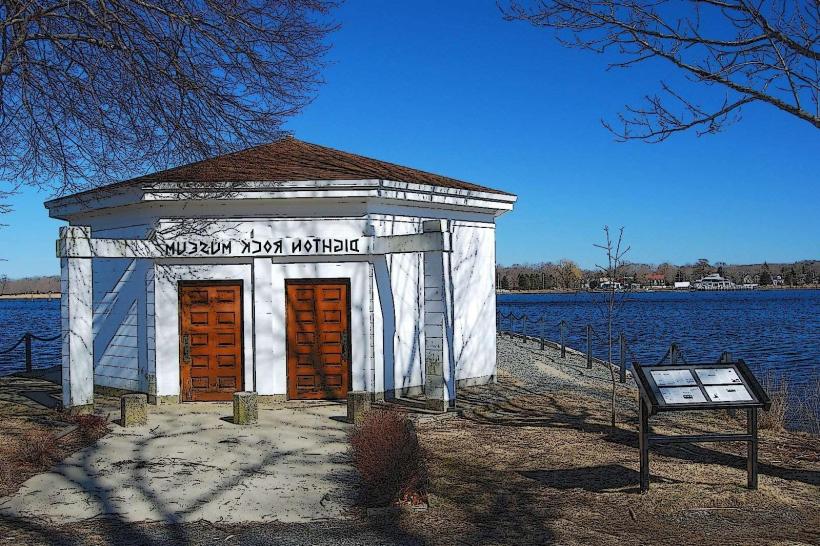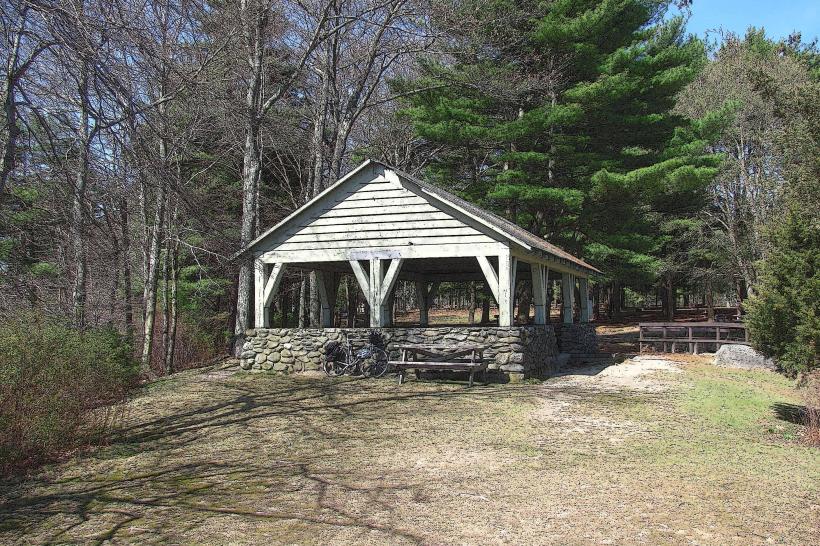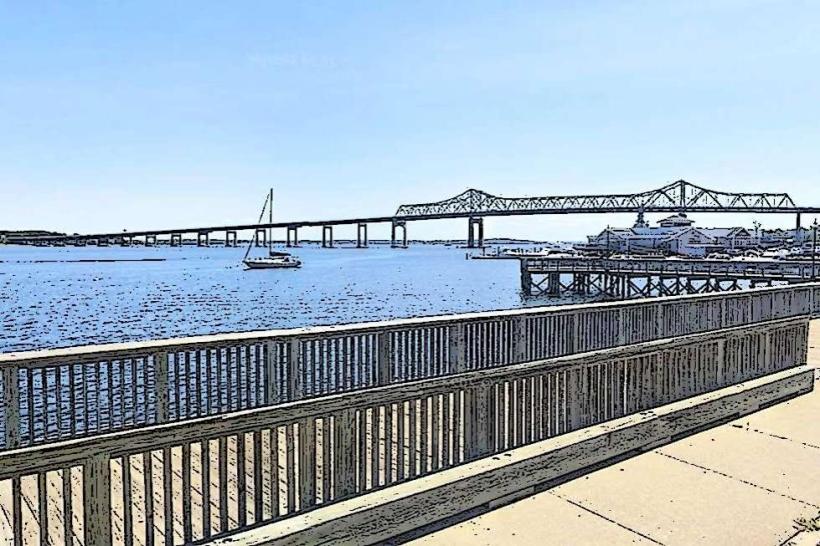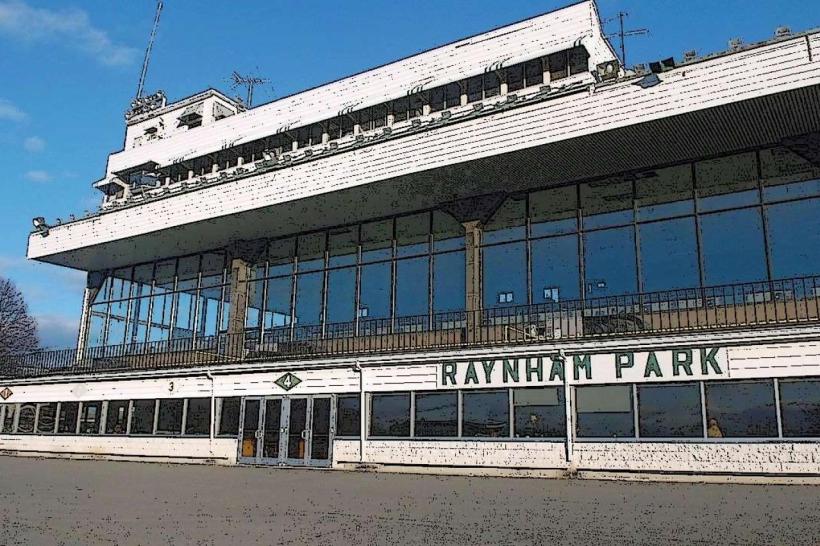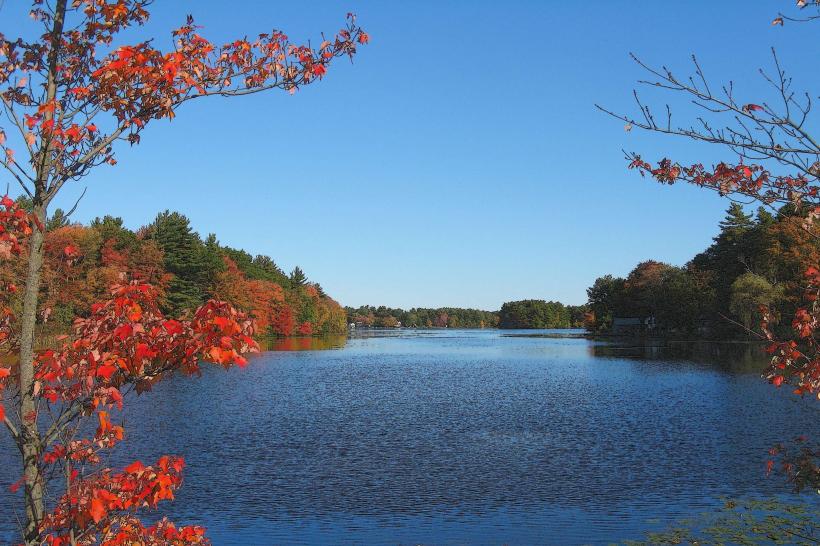Information
Landmark: Winslow CemeteryCity: Taunton
Country: USA Massachusetts
Continent: North America
Winslow Cemetery, Taunton, USA Massachusetts, North America
Overview
Tucked along Winslow Cemetery Road in Marshfield, Massachusetts, the Winslow Cemetery-known in earlier days as the historic Winslow Burying Ground-has been in use since around 1651, spans about 3.2 quiet acres under the care of the town, and earned a region on the National Register of Historic Places in 2018, making it one of fresh England’s oldest and most storied burial grounds, then in the seaside town of Marshfield, Massachusetts, the cemetery quietly honors some of America’s earliest English settlers-Mayflower descendants, influential colonial leaders, and the family of Daniel Webster-where weathered stones tilt in the grass.The cemetery holds more than graves-it’s a living record of early American history, family roots, and the stark, carved symbols of Puritan burial customs, therefore framed by quiet woods and weathered stone walls, the area carries a calm that feels tied to centuries gone by.Back around 1640, Governor Edward Winslow’s close friend, the Welsh settler William Thomas, was granted the land-rocky soil and all, not only that around 1651, Thomas gave part of his land to Marshfield’s miniature colonial settlement, setting it aside for a burial ground and a meeting house where neighbors could gather by the crackle of the hearth.From what I can see, Thomas himself was laid to rest in 1651, the earliest burial on record, on top of that over time, people began calling it Winslow Cemetery, a nod to the Winslow family’s lasting influence in Marshfield.Edward Winslow, who sailed on the Mayflower and later served three terms as Plymouth Colony’s governor, built his estate at Green Harbor, where the salt air carried in from the bay, moreover here lie his descendants, resting beside members of other prominent families, their names etched deep into the cool stone.Daniel Webster (1782–1852) rests here-one of the 19th century’s most influential American statesmen, he served as U, and s.Senator, twice held the post of Secretary of State, and spoke with a ringing contemporary England voice in defense of the Union on the eve of the Civil War, equally important a tall granite monument marks his grave, standing out as one of the cemetery’s main landmarks.If I’m being honest, A plaque nearby honors his political legacy and ties to Marshfield, where he once lived on a sprawling estate shaded by ancient elm trees, meanwhile colonel Fletcher Webster, son of Daniel Webster, served as a Union officer during the Civil War, often seen in his dusky blue coat on the battlefield.He fell at the Second Battle of Bull Run in 1862, dying a hero’s death, and now rests in the quiet earth beside his father, as well as peregrine White, the first English child of the Pilgrims born in the modern World, arrived in 1620 aboard the Mayflower as it rocked gently in Provincetown Harbor.As it turns out, Later, he rose to serve as a militia captain and earned a region among Marshfield’s leading citizens, often seen tipping his hat on the busy main street, also resolved White was Peregrine’s older brother, and their mother, Susanna, later married Edward Winslow, whose boots often left neat prints in the Plymouth snow.Among the first Pilgrim settlers, they now rest in the earth beside their kin, their names carved into weathered stone, likewise here lie the graves of several generations of the Winslow family, among them Kenelm, Josiah, and Isaac Winslow-names etched deep into colonial and local history.As it happens, The cemetery holds both fieldstone and slate markers, with its oldest graves marked by rough stones-some left plain, others scratched with faint, uneven lettering, in turn they’re rare, showing early Puritan burial customs that chose plain, unadorned markers over anything decorative.Later markers often show up as slate stones carved with intricate detail-grim death’s heads, soft-faced cherubs, and inscriptions rich with symbols common in 17th- and 18th-century fresh England graveyards, as a result the Settlers’ Memorial is a towering granite obelisk that pays tribute to Marshfield’s founding families, with names like Edward Winslow, Susanna White, and Peregrine White etched deep into its smooth stone.Though built only recently, this memorial has become a gathering venue for anyone retracing family heritage and Pilgrim roots, where weathered stone names catch the afternoon light, on top of that grave Layout: The cemetery sprawls in a loose, winding pattern, much like the uneven paths of early colonial graveyards.Somehow, The paths twist through soft grass, and the markers stand scattered rather than lined up in neat, modern rows, likewise the ground tilts gently, and tall, heritage trees spread a cool canopy overhead.In a way, Winslow Cemetery holds deep cultural and family significance, drawing visitors who trek its quiet paths to connect with Mayflower roots or uncover threads of novel England genealogy, then it’s one of the most concentrated, easy-to-find places for early colonial family burials beyond Plymouth-weathered stones leaning in the grass mark the spot.Historians, genealogists, and members of lineage groups-like the General Society of Mayflower Descendants-visit the site often, chasing records that feel as tangible as faded ink on brittle paper, as well as the cemetery is also part of the South Shore Irish Heritage Trail, honoring later waves of immigrants who settled in Marshfield and reflecting, in its weathered headstones, the varied stories of those buried here over the years.In 2018, the cemetery earned a location on the National Register of Historic Places for its remarkable history, its weathered fieldstone markers, and its ties to figures of national importance, on top of that marshfield keeps the site in good shape, tending the grounds so visitors and family descendants can meander through with respect.Crews work to safeguard fragile gravestones, halt erosion, and keep the grass and weeds in check, as a result local historians and volunteers pitch in on documentation projects and help restore historic buildings, sometimes brushing dust off century‑historic beams.Winslow Cemetery welcomes visitors year-round from dawn to dusk, tucked off Winslow Cemetery Road and just a short turn from Route 139, with only a few spots for roadside parking, meanwhile spring through autumn offers the clearest skies and gentlest breezes.Please treat the grounds with care-no rubbings, climbing, or moving stones, meanwhile local historical societies and groups of Pilgrim descendants sometimes lead tours, for the most part This isn’t just a burial ground; it’s a quiet, weathered record of early American life, equally important from the weathered fieldstones left by Pilgrim settlers to Daniel Webster’s towering monument catching the afternoon light, the cemetery tells the story of Marshfield’s long history and its ties to the Plymouth Colony.Whether your roots reach back to the Mayflower, you pore over history books, or you wander in silence among weathered stones, Winslow Cemetery draws you close to the very beginnings of America’s story.
Author: Tourist Landmarks
Date: 2025-10-06

